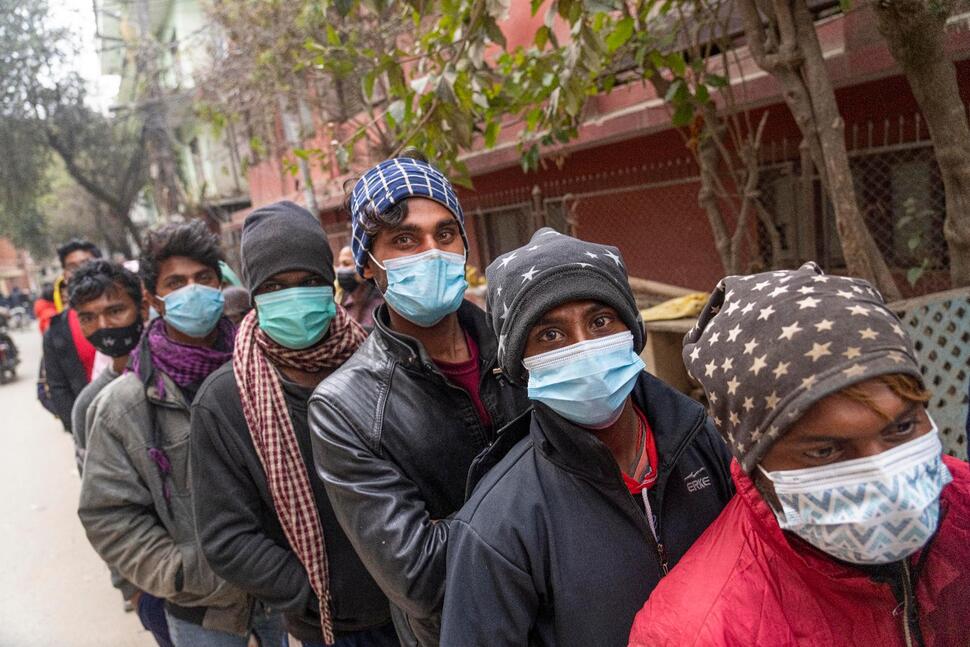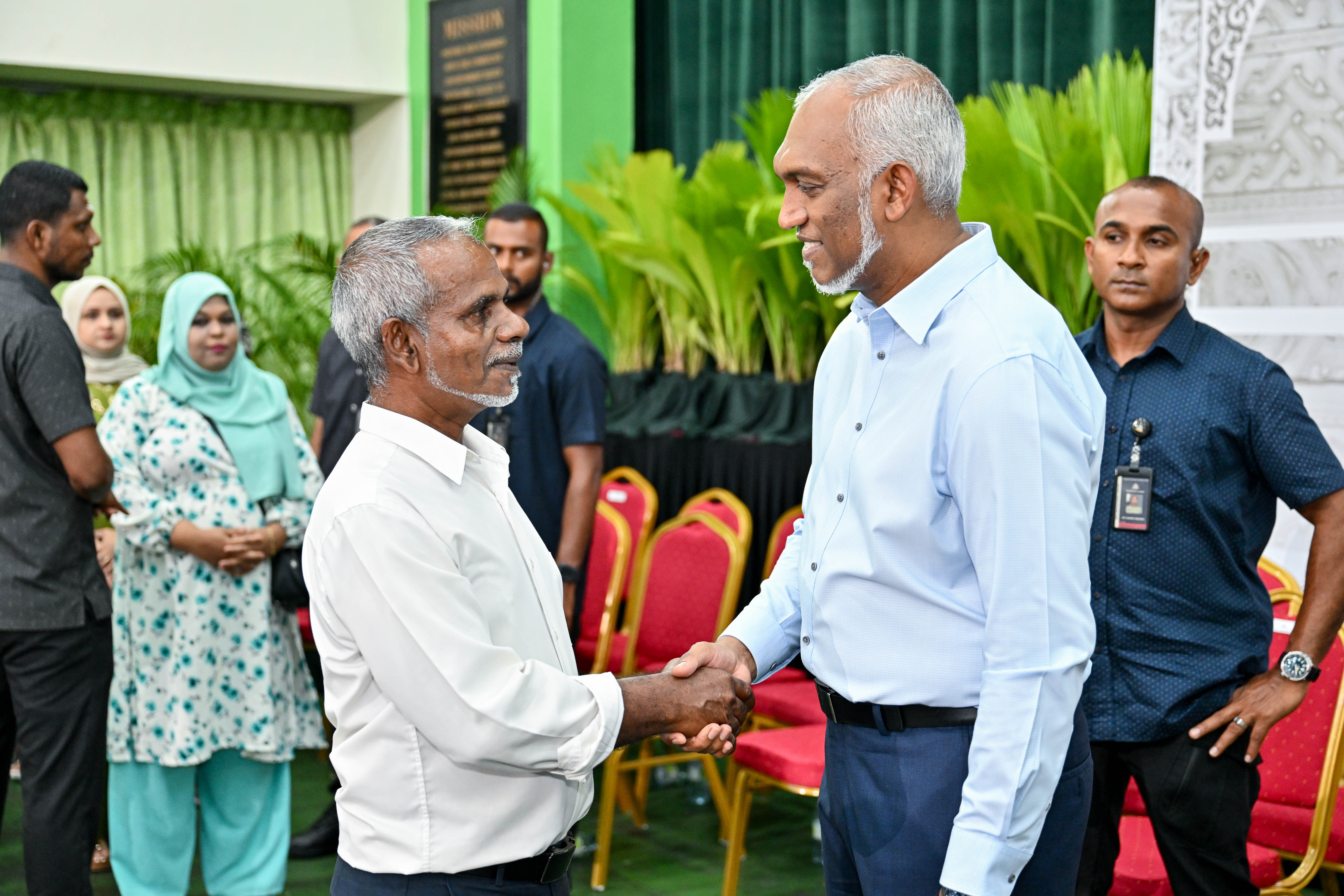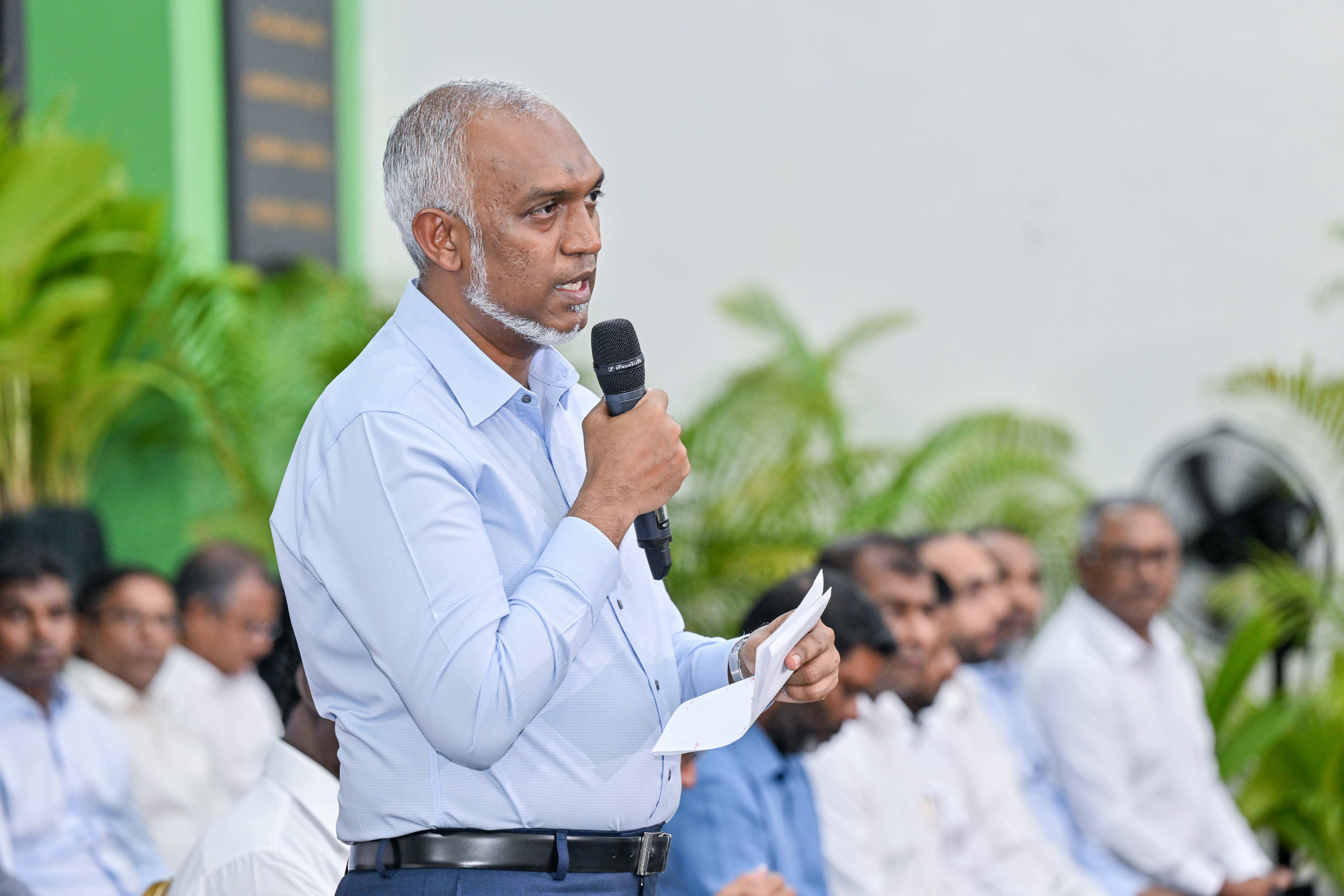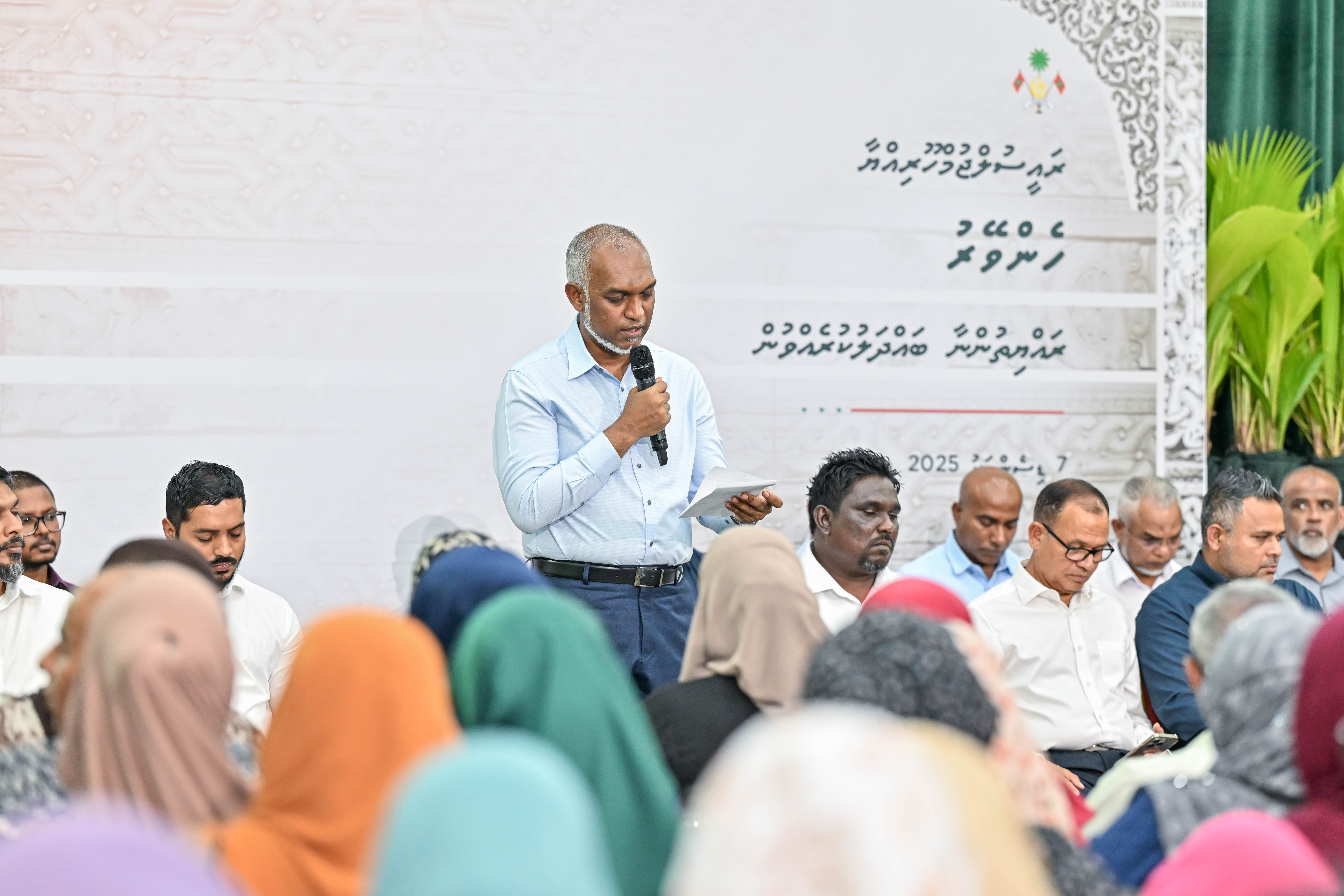Nepal’s capital shut schools, ordered citizens to carry vaccination cards in public, banned religious festivals, and instructed hotel guests to be tested every three days as it battles its biggest COVID-19 outbreak.
The Health Ministry reported a record 12,338 new cases on Thursday and 11,352 on Wednesday, compared to a few hundred daily cases last month.
Following the rise in cases, the chief government administrator of Katmandu issued a notice banning all public gatherings and meetings, and closing all cinemas and theaters. Gymnasiums, pools, and other sporting venues will also be shut. No public religious festivals or events will be allowed, the notice said. It did not say how long the restrictions would last.
Authorities also halted in-person classes at all schools and indefinitely postponed university examinations.
Restaurants and hotels can remain open, but employees must wear face masks and other protection. Hotel guests must take antigen tests every three days.
The notice said violators will be punished, but did not elaborate. An existing law relating to pandemics says violators can be jailed for a month.
The notice also said that all people must carry their vaccination cards when they are in public areas or shop in stores.
Nepal, however, has only fully vaccinated 41 percent of its population. The notice did not say how unvaccinated people will be able to pay utility bills or shop for groceries.
The government says it has enough vaccines in stock, but a new wave of COVID-19 cases propelled by the omicron variant has created long lines at vaccination centers, with many people unable to receive shots.
The Health Ministry reported a record 12,338 new cases on Thursday and 11,352 on Wednesday, compared to a few hundred daily cases last month.
Following the rise in cases, the chief government administrator of Katmandu issued a notice banning all public gatherings and meetings, and closing all cinemas and theaters. Gymnasiums, pools, and other sporting venues will also be shut. No public religious festivals or events will be allowed, the notice said. It did not say how long the restrictions would last.
Authorities also halted in-person classes at all schools and indefinitely postponed university examinations.
Restaurants and hotels can remain open, but employees must wear face masks and other protection. Hotel guests must take antigen tests every three days.
The notice said violators will be punished, but did not elaborate. An existing law relating to pandemics says violators can be jailed for a month.
The notice also said that all people must carry their vaccination cards when they are in public areas or shop in stores.
Nepal, however, has only fully vaccinated 41 percent of its population. The notice did not say how unvaccinated people will be able to pay utility bills or shop for groceries.
The government says it has enough vaccines in stock, but a new wave of COVID-19 cases propelled by the omicron variant has created long lines at vaccination centers, with many people unable to receive shots.


















